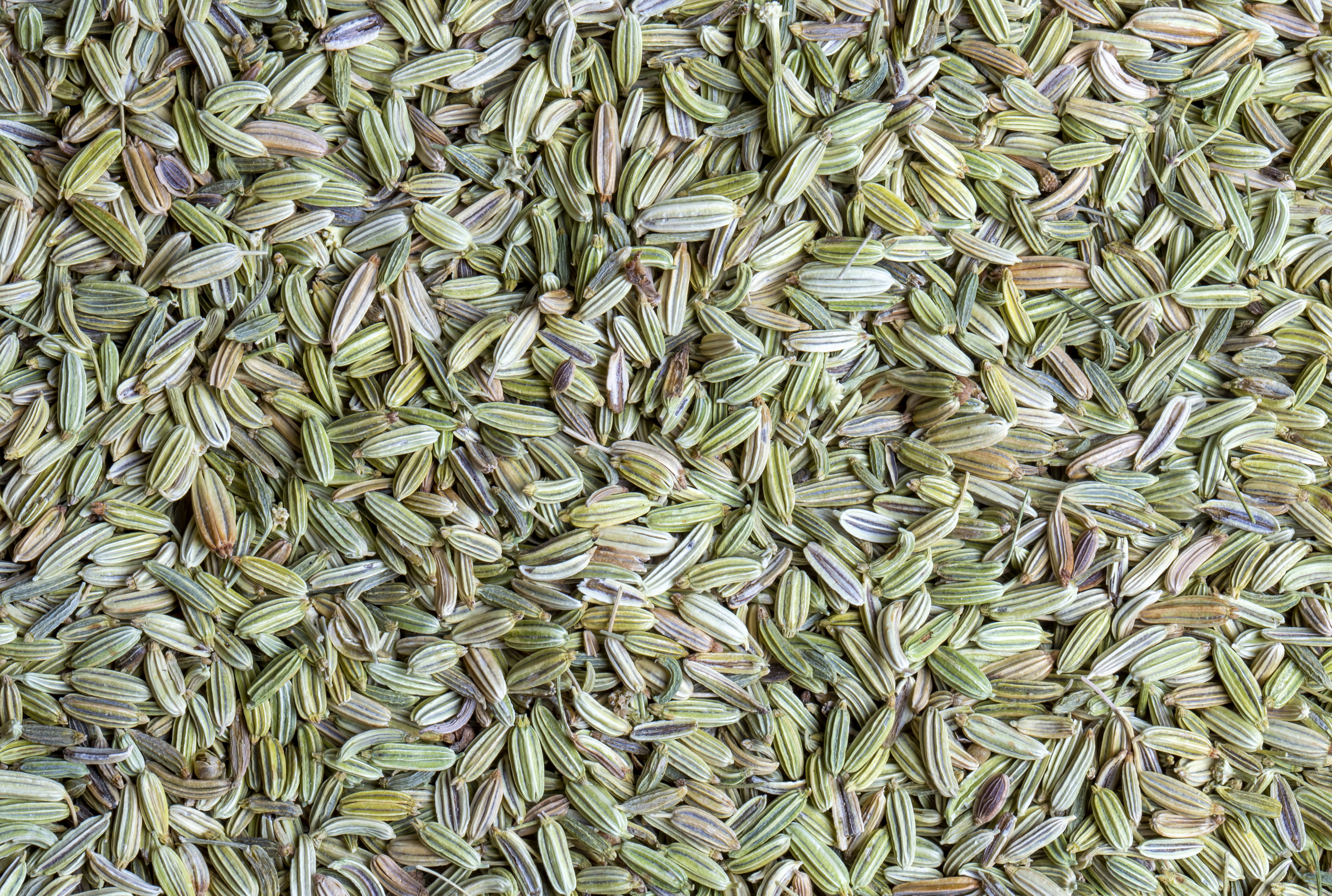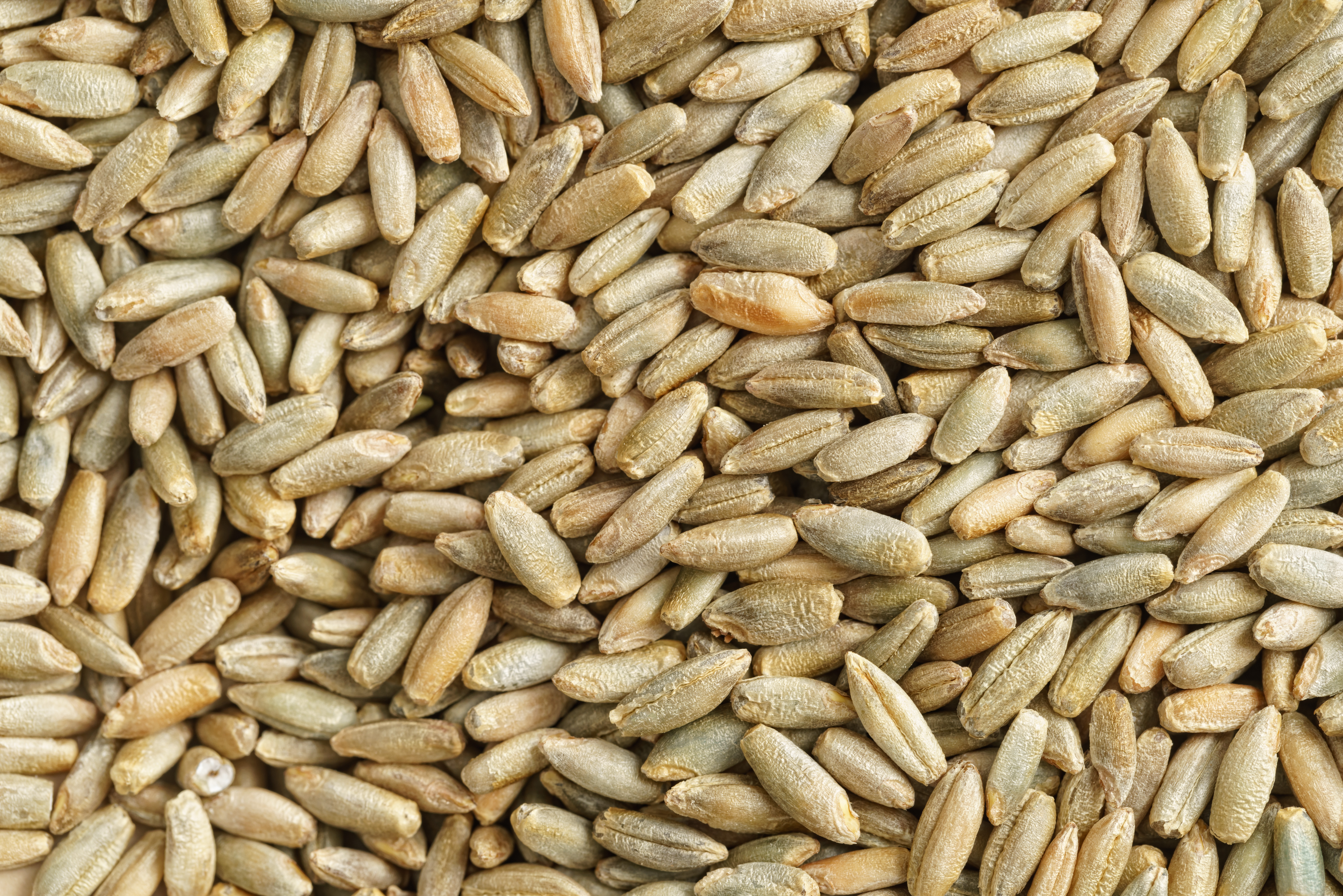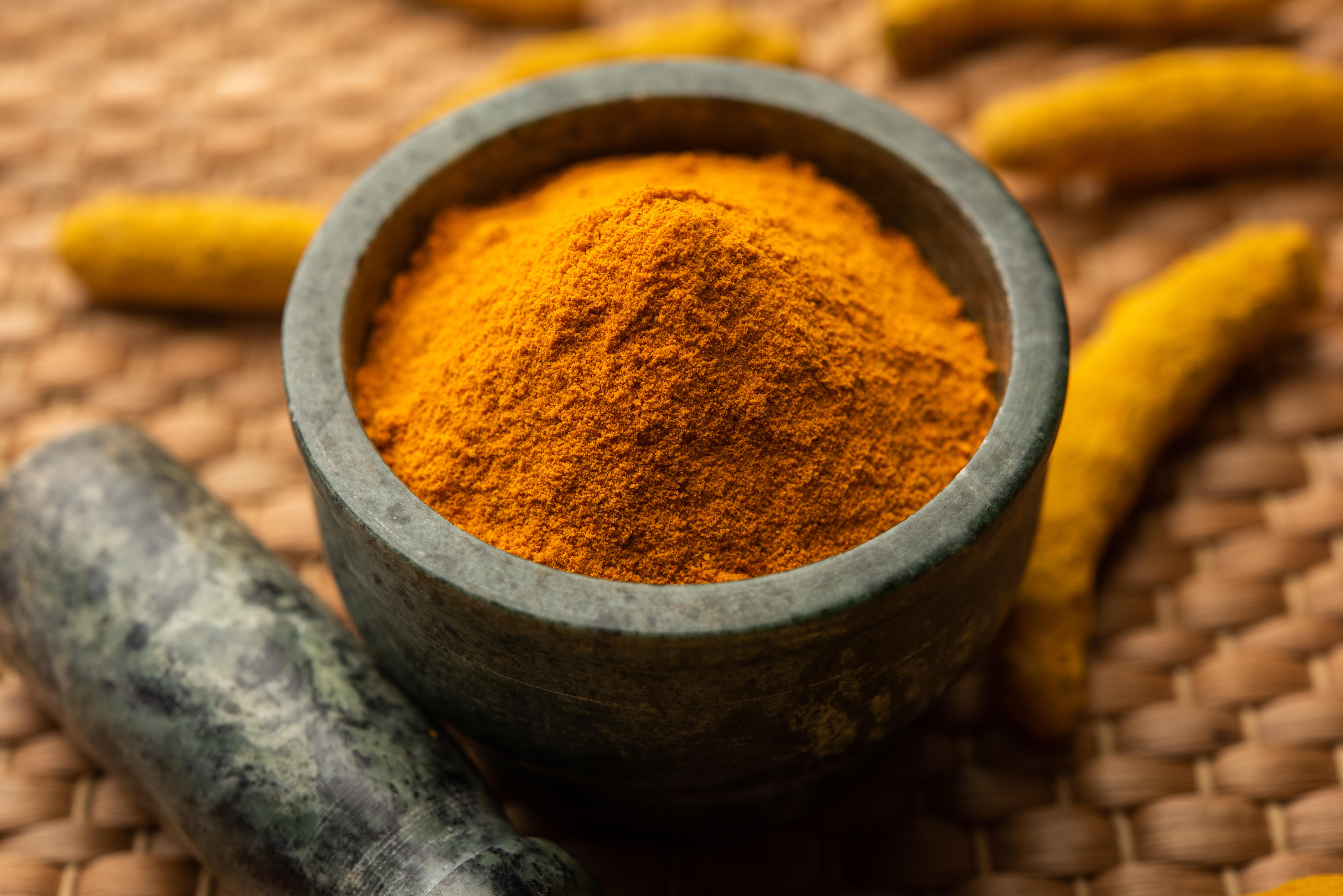Easy Remedies for Stomach Discomfort
Stomach troubles are a common ailment that can disrupt daily life, causing discomfort and distress. Whether it's indigestion, bloating, or nausea, these issues can stem from a variety of causes, including stress, dietary habits, or underlying medical conditions. While over-the-counter medications offer quick fixes, they often come with side effects and do not address the root causes. Fortunately, there are gentle, natural remedies that can soothe stomach troubles effectively and with ease. This article explores 11 such remedies, each offering a unique approach to achieving stomach serenity. From dietary changes to lifestyle adjustments, these strategies are designed to restore balance and promote digestive health.
1. The Power of Ginger

Ginger has been used for centuries as a natural remedy for various ailments, particularly those related to the digestive system. Its active components, gingerols and shogaols, have anti-inflammatory and antioxidant properties that can help reduce nausea and vomiting. Ginger can be consumed in many forms, such as fresh slices in hot water, ginger tea, or even candied ginger. Studies have shown that ginger is effective in easing nausea caused by pregnancy, chemotherapy, and motion sickness. Incorporating ginger into your daily routine can provide relief from stomach discomfort and improve overall digestive health.
2. Chamomile's Calming Effect

Chamomile is another time-honored remedy known for its soothing properties, particularly in alleviating stomach distress. As an anti-inflammatory and antispasmodic agent, chamomile can ease the muscle contractions in the digestive tract, reducing symptoms like gas and bloating. Drinking chamomile tea can help relax the stomach muscles and promote better digestion. Moreover, its mild sedative effect can also help reduce stress and anxiety, which are often contributors to digestive issues. By incorporating chamomile into your evening routine, you can enjoy a peaceful digestion process and a restful night’s sleep.
3. Peppermint's Cooling Relief

Peppermint is renowned for its cooling and calming effects on the digestive system. The menthol present in peppermint can relax the muscles of the gastrointestinal tract, helping to alleviate symptoms of irritable bowel syndrome (IBS) and indigestion. Peppermint tea or enteric-coated peppermint oil capsules can be particularly effective in reducing abdominal pain and bloating. However, it is important to note that peppermint may not be suitable for those with gastroesophageal reflux disease (GERD) as it can relax the lower esophageal sphincter, potentially worsening symptoms. For others, peppermint remains a refreshing and effective remedy.
4. The Probiotic Potential of Yogurt

Yogurt, rich in probiotics, can be a powerful ally in maintaining digestive health. The live bacteria cultures found in yogurt help balance the gut microbiota, which is essential for proper digestion and overall gut health. Consuming yogurt regularly can aid in alleviating symptoms of lactose intolerance, diarrhea, and constipation. It can also enhance the immune response and protect against gastrointestinal infections. Opt for plain, unsweetened yogurt to avoid added sugars, and consider incorporating it into your breakfast or as a snack to support a healthy digestive system.
5. Fennel's Digestive Aid

Fennel seeds have long been used as a digestive aid due to their ability to relax the smooth muscles of the gastrointestinal tract. They can help relieve bloating, gas, and stomach cramps by facilitating the expulsion of gas and improving digestion. Chewing on fennel seeds after meals or sipping on fennel tea can provide quick relief from digestive discomfort. Fennel also has antimicrobial properties that can help maintain a healthy balance of gut bacteria. By incorporating fennel into your diet, you can support digestive health and enjoy a more comfortable post-meal experience.
6. The Soothing Nature of Aloe Vera

Aloe vera is well-known for its soothing properties, and its benefits extend to the digestive system as well. Aloe vera juice can help reduce inflammation in the stomach lining and intestines, promoting healing and reducing irritation. It is particularly beneficial for individuals with conditions like acid reflux or gastritis. Additionally, aloe vera can aid in regulating bowel movements and alleviating constipation due to its natural laxative properties. When using aloe vera for digestive health, it is important to choose products that are specifically formulated for internal use to ensure safety and effectiveness.
7. The Balancing Act of Apple Cider Vinegar

Apple cider vinegar (ACV) is a versatile remedy that can aid in digestion by balancing stomach acid levels. For individuals with low stomach acid, ACV can help improve digestion and nutrient absorption. Diluting a tablespoon of ACV in a glass of warm water and drinking it before meals can stimulate digestive juices and enhance digestion. ACV also has antimicrobial properties that can help maintain gut health. However, it is crucial to use ACV in moderation and to consult with a healthcare provider if you have any underlying health conditions, as excessive use can lead to adverse effects.
8. The Hydration Help of Warm Water

Staying hydrated is essential for maintaining digestive health, and warm water can be particularly beneficial in soothing an upset stomach. Drinking warm water can help relax the digestive tract, improve circulation, and aid in the digestion process. It can also help flush out toxins and promote regular bowel movements. Starting your day with a glass of warm water can kickstart your metabolism and prepare your digestive system for the day ahead. For added benefits, consider adding a slice of lemon or a teaspoon of honey to your warm water to enhance its soothing effects.
9. The Fiber Fix of Oats

Oats are a rich source of soluble fiber, which can play a crucial role in maintaining digestive health. The fiber in oats helps regulate bowel movements, prevent constipation, and promote a healthy gut microbiome. Eating a bowl of oatmeal for breakfast can provide sustained energy and keep you feeling full longer, reducing the likelihood of overeating and subsequent digestive discomfort. Oats also contain compounds called beta-glucans, which have been shown to have prebiotic effects, supporting the growth of beneficial gut bacteria. Incorporating oats into your diet can be a delicious and effective way to support digestive health.
10. The Anti-Inflammatory Benefits of Turmeric

Turmeric, with its active compound curcumin, is celebrated for its anti-inflammatory properties, which can benefit the digestive system. Curcumin can help reduce inflammation in the gut, alleviate symptoms of inflammatory bowel diseases, and promote overall digestive health. Adding turmeric to your meals or drinking turmeric tea can provide these benefits. To enhance curcumin absorption, pair turmeric with black pepper, which contains piperine, a compound that increases curcumin's bioavailability. By incorporating turmeric into your diet, you can harness its powerful anti-inflammatory effects to support a healthy and balanced digestive system.
11. The Relaxation of Mindful Eating

Mindful eating is a practice that involves paying full attention to the eating experience, promoting better digestion and a healthier relationship with food. By eating slowly and savoring each bite, you can improve digestion and reduce the likelihood of overeating and subsequent stomach discomfort. Mindful eating encourages awareness of hunger and satiety cues, helping to prevent digestive issues related to overeating. Additionally, taking time to chew food thoroughly can aid in the breakdown of food particles, facilitating better digestion. By adopting mindful eating practices, you can enhance your digestive health and enjoy a more satisfying eating experience.
Embracing Natural Remedies for Digestive Health

Incorporating gentle, natural remedies into your daily routine can provide effective relief from stomach troubles and promote overall digestive health. From the soothing effects of ginger and chamomile to the balancing properties of probiotics and apple cider vinegar, each remedy offers a unique approach to achieving stomach serenity. By understanding and utilizing these remedies, you can address the root causes of digestive discomfort and enjoy a more balanced and harmonious digestive system. Embrace these gentle solutions to soothe your stomach's troubles away with ease and enhance your overall well-being.